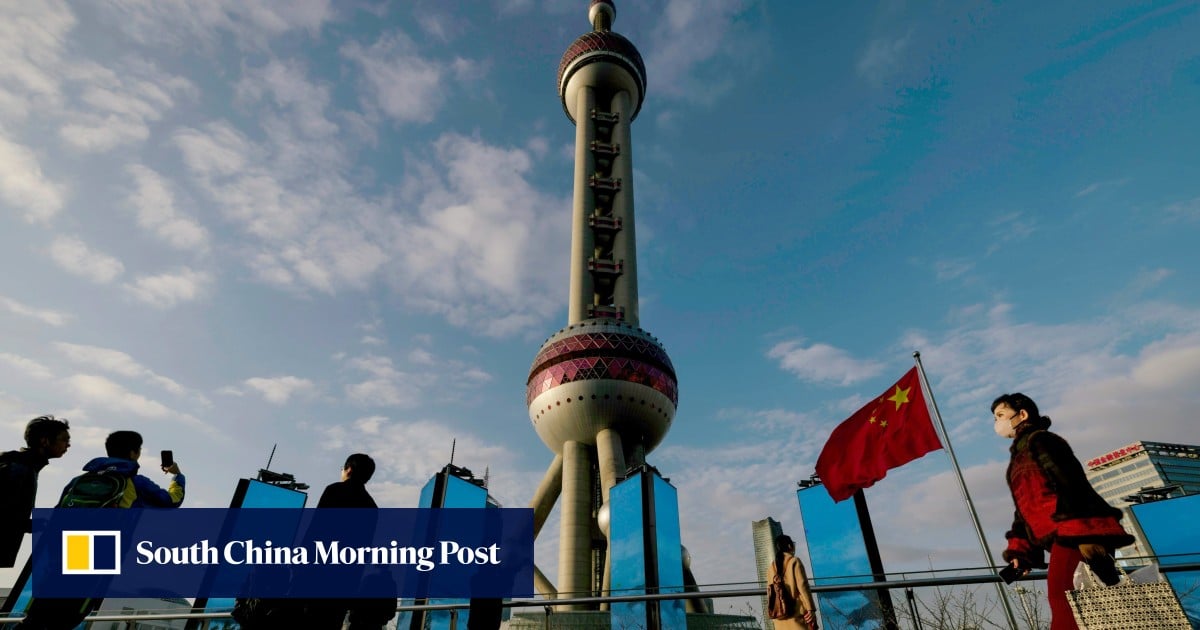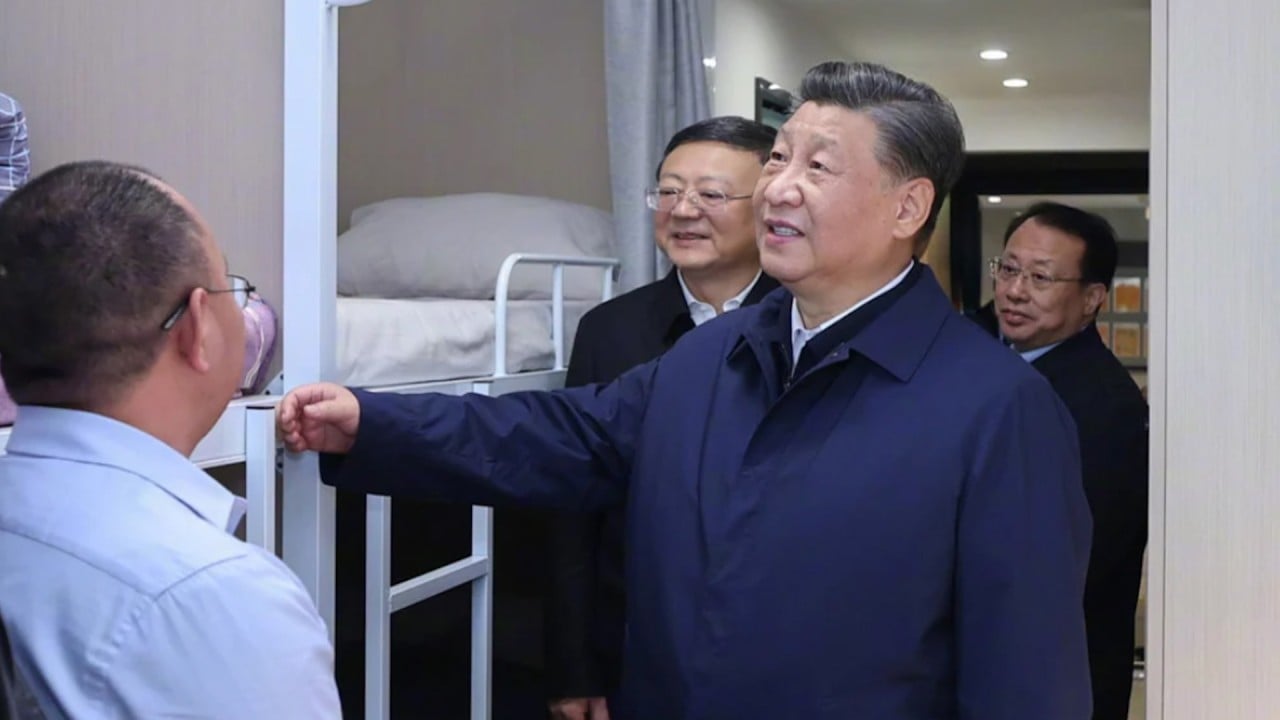
23 Jan Shanghai failed to achieve 5.5 per cent economic growth target for 2023 amid ‘complex and severe’ external environment, mayor says
The growth pace fell short of a goal of 5.5 per cent the local government had set at the beginning of 2023.
“The external environment remains complex and severe, geopolitical conflicts persist, and the global economic recovery lacks momentum,” Gong said.
“We are under considerable pressure to maintain the city’s steady economic operations, and we need to make greater efforts to achieve all the objectives of the 14th five-year plan [spanning 2021 to 2025].”
Shanghai is aiming for 5 per cent GDP growth this year, he added.
Sluggish Shanghai office market gives tenants chance to bargain on rents
Sluggish Shanghai office market gives tenants chance to bargain on rents
For instance, Xu Mingqi, a researcher at the Shanghai Academy of Social Sciences and economic adviser to the city government, forecast at the end of 2022 that Shanghai’s GDP could expand by 6 per cent in 2023.
The city’s exports last year rose 1.6 per cent to 1.74 trillion yuan. The year-on-year increase resulted from a low base in 2022, when Shanghai underwent a two-month Covid-19 lockdown in April and May.
Shanghai Disney Resort opens world’s first Zootopia-themed attraction
Shanghai Disney Resort opens world’s first Zootopia-themed attraction
Shanghai has been trying to draw foreign direct investments to reinforce its ambitions of becoming a global financial centre and technological innovation hub, since China’s reopening following the pandemic.
The city with a population of 25 million people, attracted US$24 billion in foreign funds in 2023, rewriting a previous record of US$23.96 billion recorded a year earlier, Gong said.
The new projects have not, however, effectively bolstered the local economy since they have yet to become operational.
Last year, China’s national GDP grew 5.2 per cent, beating a goal of 5 per cent, despite a property crisis, high levels of local government debt and weak consumer vigour heightening people’s concerns about job and income prospects.
In late November, Chinese President Xi Jinping made his first trip to Shanghai since 2020, and ordered local officials to step up efforts to revive the country’s economic growth. He stressed the importance of cutting red tape and simplifying customs processes at the city’s free-trade zone to facilitate exports and imports, according to Xinhua.

